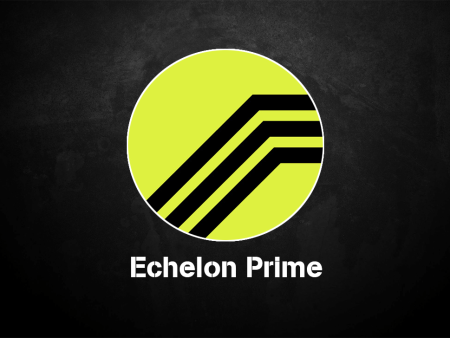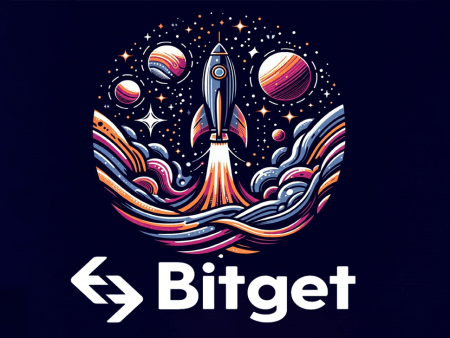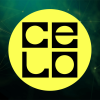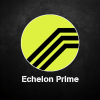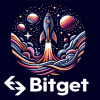Solana (SOL) has become one of the leading blockchain projects, attracting significant interest from investors and developers in recent years. This project is dubbed the “Ethereum killer” and is considered one of the blockchain platforms with outstanding potential.
So, what is Solana (SOL)? Why has it garnered so much interest? Let’s explore it through the following article by AZCoin.
What is Solana (SOL)?
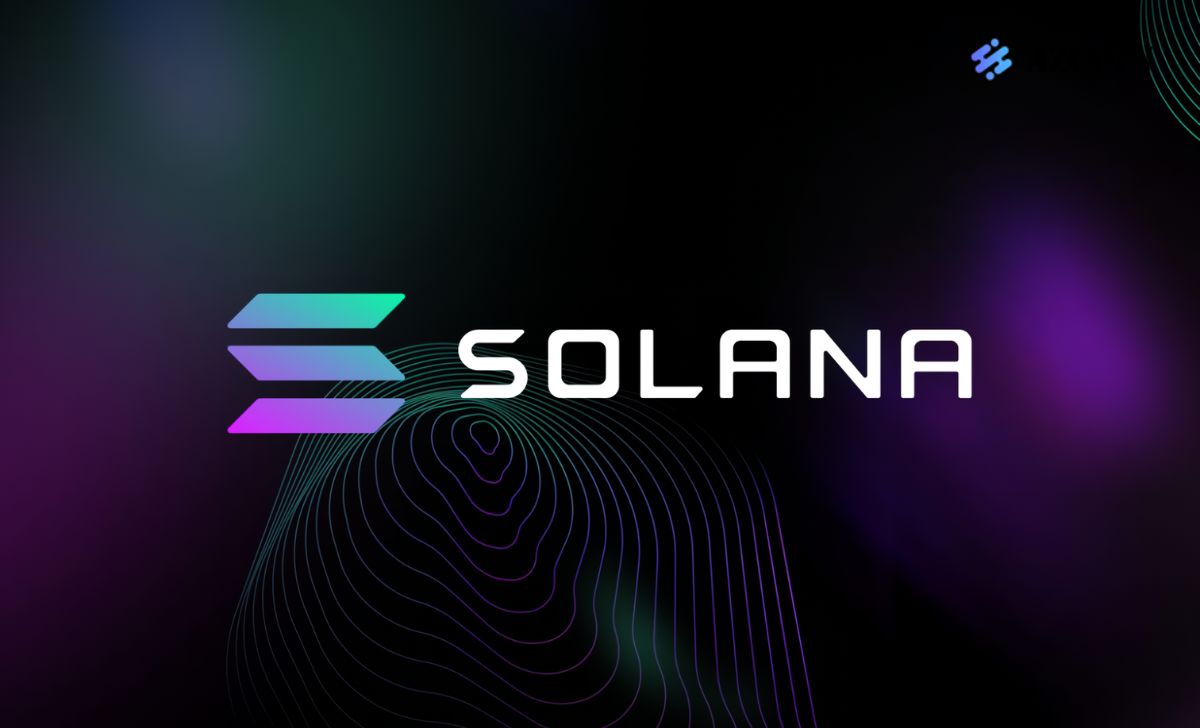
Solana (SOL) is a decentralized, open-source blockchain designed to provide fast transactions, low fees, and high scalability. Built on the Proof-of-History (PoH) consensus mechanism and combined with Proof of Stake (PoS), Solana aims to address scalability issues faced by other blockchains.
Solana has become one of the most popular blockchains in the DeFi and NFT sectors, attracting the attention of investors and developers worldwide.
SOL founding team
The Solana founding team consists of Anatoly Yakovenko, Greg Fitzgerald, Raj Gokal, Eric Williams, and Stephen Akridge. Anatoly Yakovenko, the founder and CEO of Solana Labs, has prior experience working at tech giants like Qualcomm and Dropbox before embarking on the Solana project. Other members of the team are also experienced professionals in the fields of blockchain and information technology.
History of Solana (SOL)
Solana began researching and developing Proof-of-History (PoH) in 2017 by Anatoly Yakovenko. However, it wasn’t until 2018 that the project was officially founded and began developing its blockchain network.
In 2020, Solana Mainnet was launched, allowing developers to build decentralized applications on this blockchain. This was a significant step that helped Solana attract a lot of attention from investors and developers.
In 2021, Solana achieved widespread popularity and became the blockchain of choice for developing DeFi and NFT applications. It is expected that in 2022, Solana will continue to grow and expand with many updates and new features.
Outstanding features of the Solana (SOL) project
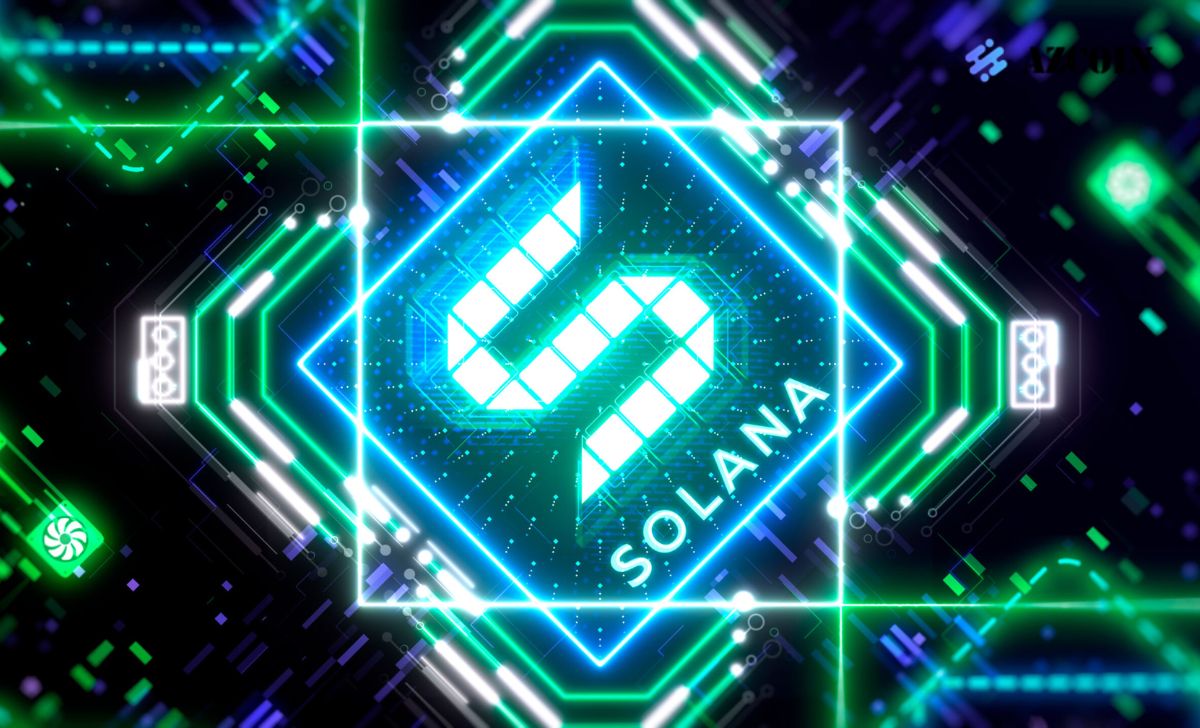
Solana has several notable features that have attracted the interest of many. Specifically:
- Fast transaction speed: With transaction times of around 0.4 seconds, Solana is considered one of the fastest blockchain networks today. This is particularly important in the DeFi sector, where transactions need to be processed quickly to avoid missing opportunities.
- Low transaction fees: Another notable aspect of Solana is its low transaction fees. With fees as low as 0.00001 SOL per transaction, Solana is very attractive to those looking to trade in large volumes without worrying about high costs.
- High scalability: Solana is designed to be highly scalable, with the ability to process thousands of transactions per second. This makes SOL an excellent choice for building large-scale DeFi and NFT applications.
What is SOL coin?
SOL is the token of the Solana blockchain. What’s unique about SOL is that it serves as both a means of payment and an incentive mechanism for activities on the Solana blockchain. Transactions on the Solana network are conducted using SOL, and validators also receive rewards in SOL when they participate in the process of verifying transactions on the blockchain.
Detailed information about SOL Coin
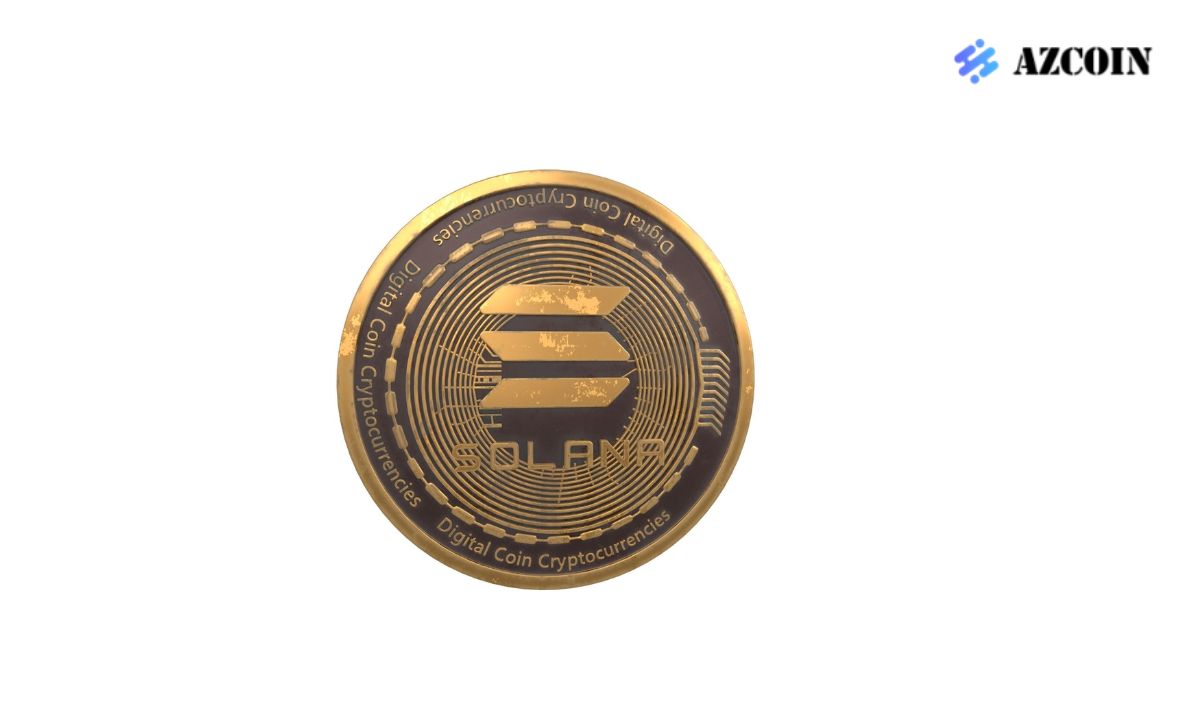
Key Metrics SOL Token
Below are some key metrics about the SOL token:
- Name: Solana.
- Ticker: SOL.
- Blockchain: Solana.
- Consensus: Proof of Stake (PoS).
- Consensus Mechanism: Tower BFT.
- Token type: Utility Token.
- Subunits: Lamport (1 SOL = 2^34 Lamport).
- Block time: 400ms.
- Token Standard: SPL.
- Initial Total Supply: 500,000,000 SOL.
- Current Total Supply: 508,180,963 SOL.
- Circulating Supply: 358,018,935 SOL.
SOL Token Allocation
Initially, the total supply of Solana was 500,000,000 SOL and it was allocated as follows:
- Seed Sale: 16,23%
- Founding Sale: 12,92%
- Validator Sale: 5,18%
- Strategic Sale: 1,88%
- CoinList Sale: 1,64%
- Team: 12,79%
- Foundation: 10,46%
- Community: 38,89%
SOL Coin use cases
SOL has various use cases within the Solana network, including:
- Transaction fees: To conduct transactions on the Solana network, users must pay fees in SOL.
- Rewards for validators: Solana validators are rewarded in SOL when they participate in the process of verifying transactions on the network.
- Incentivizing network activities: SOL is also used as a means of payment and incentivizes activities within the Solana network.
How to earn and own SOL
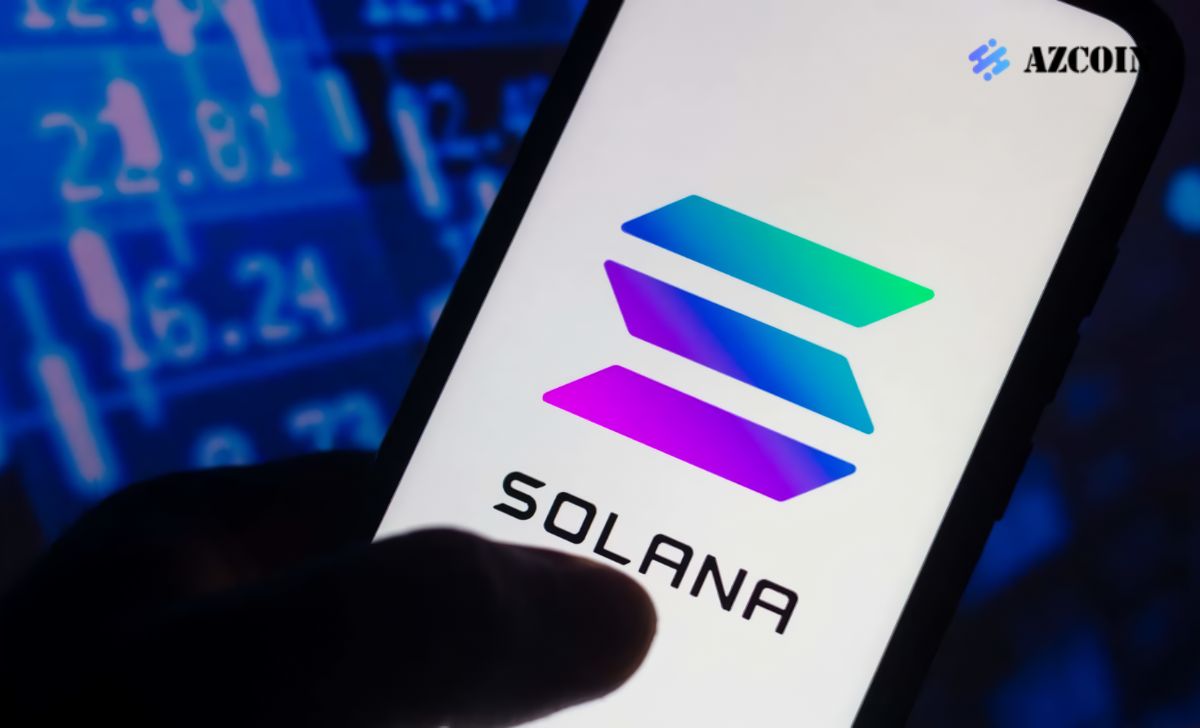
Similar to other types of cryptocurrencies like USDC, BNB or USDT, there are several ways to earn and own SOL including:
- Buying from exchanges: You can purchase SOL on various major exchanges such as Binance, Huobi, FTX, OKEx, and Coinbase. Before buying SOL, you’ll need a Solana wallet to receive and store the tokens.
- Earning SOL through staking activities: Staking involves locking up funds, allowing users to stake SOL in a special wallet and earn rewards. Staking activities also help increase the security and stability of the Solana network.
- Participating in Solana’s promotional programs: Solana regularly organizes promotional programs and airdrops, allowing users to earn SOL for free. To stay updated on these programs, you can follow Solana’s channels such as Twitter or Telegram.
SOL Coin Storage Wallet & Exchange
Currently, there are numerous exchanges and wallets that support SOL coins. Here are some of the best crypto exchanges and wallets:
- Ledger Nano S: One of the most reliable hardware wallets for SOL and other cryptocurrencies.
- Sollet.io: An online wallet specifically designed for SOL storage.
- Binance: One of the largest exchanges that supports SOL trading.
- FTX: Another large and reputable exchange for trading SOL.
- Coinbase: A trusted cryptocurrency exchange that supports SOL trading.
Is Solana (SOL) a good investment?
With its fast transaction speed, low fees, and high scalability, Solana is considered one of the most promising blockchain projects today. Additionally, it has attracted the attention of many large investors and developers worldwide. However, as with any type of investment, you should thoroughly research the project and conduct a risk evaluation process before deciding to invest in SOL coin.
The end
AZcoin hopes the information in the article has helped you better understand Solana (SOL), how to own and use this token. Consider and make reasonable investment decisions based on thorough research and in-depth understanding of the cryptocurrency market. Good luck on your investment journey!

I am Louis Dang, living in Ottawa, Canada. I am currently working as a trader for AZCoin company, with 7 years of experience in the cryptocurrency market, I hope to bring you useful information and knowledge about virtual currency investment.

